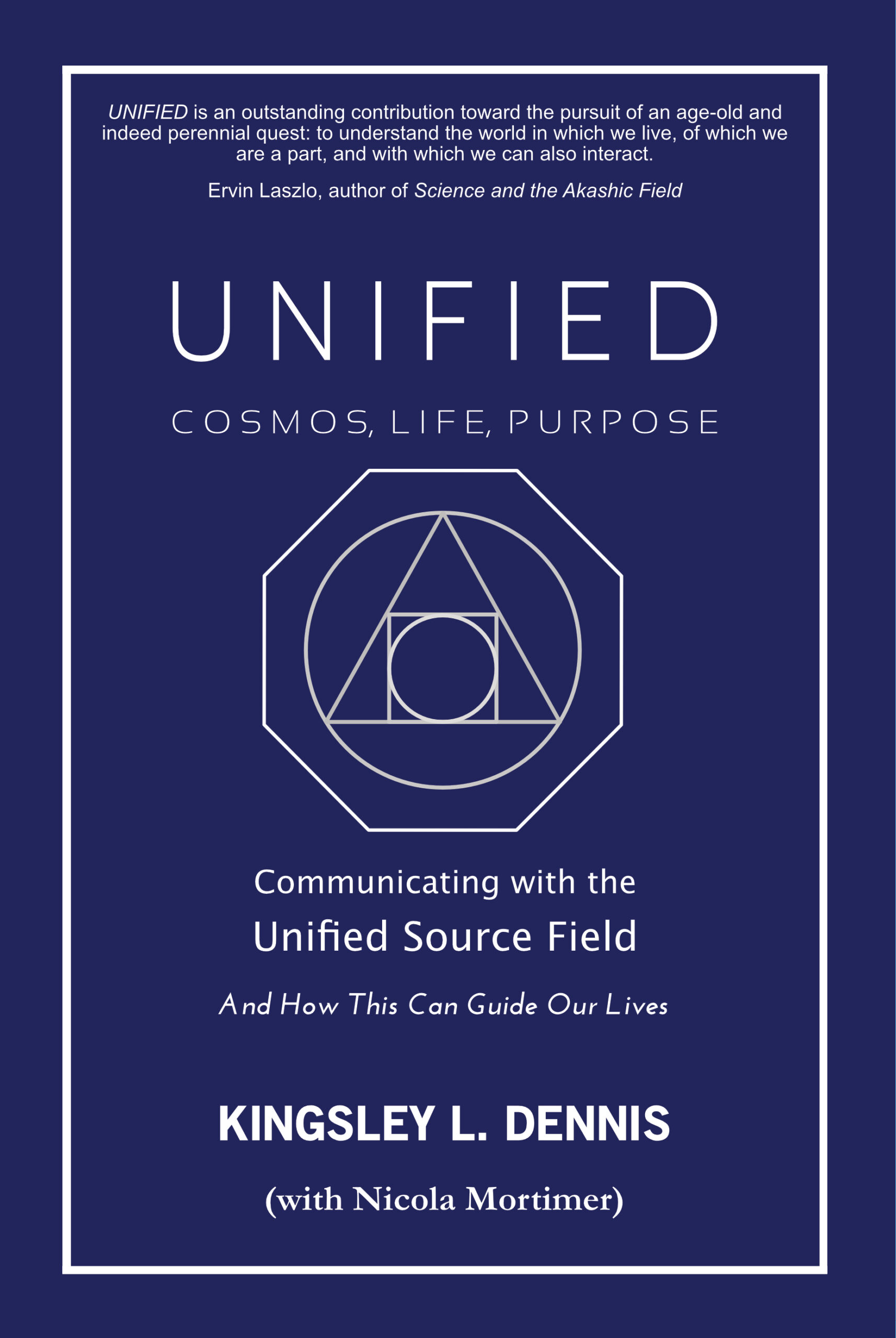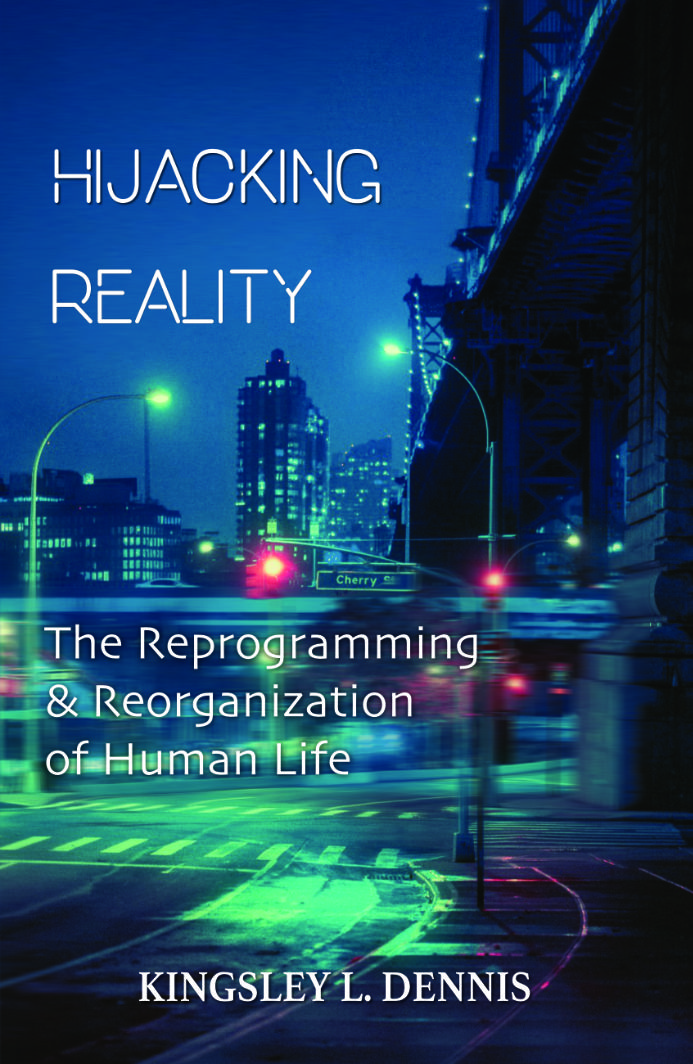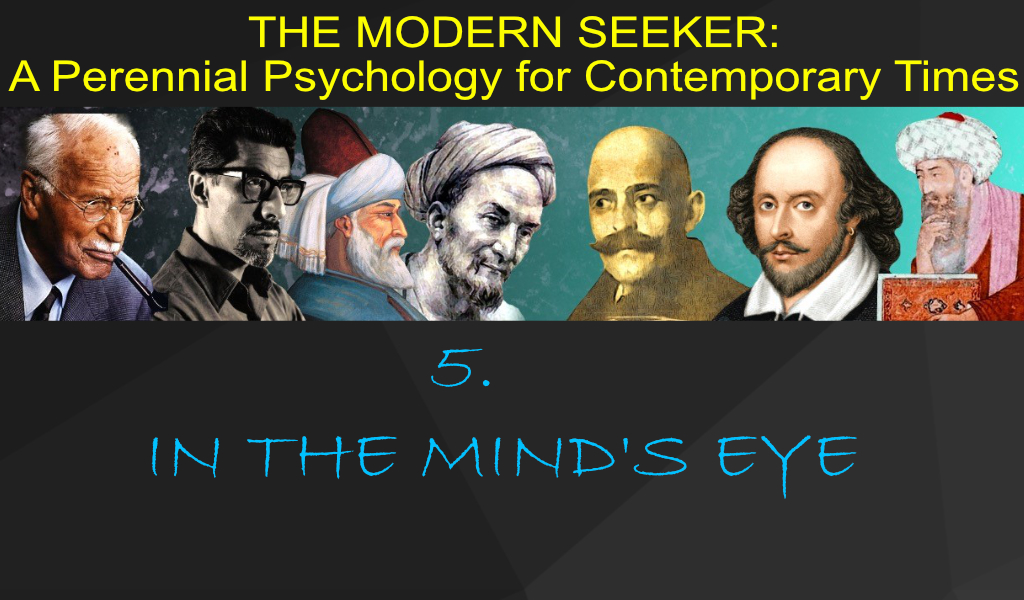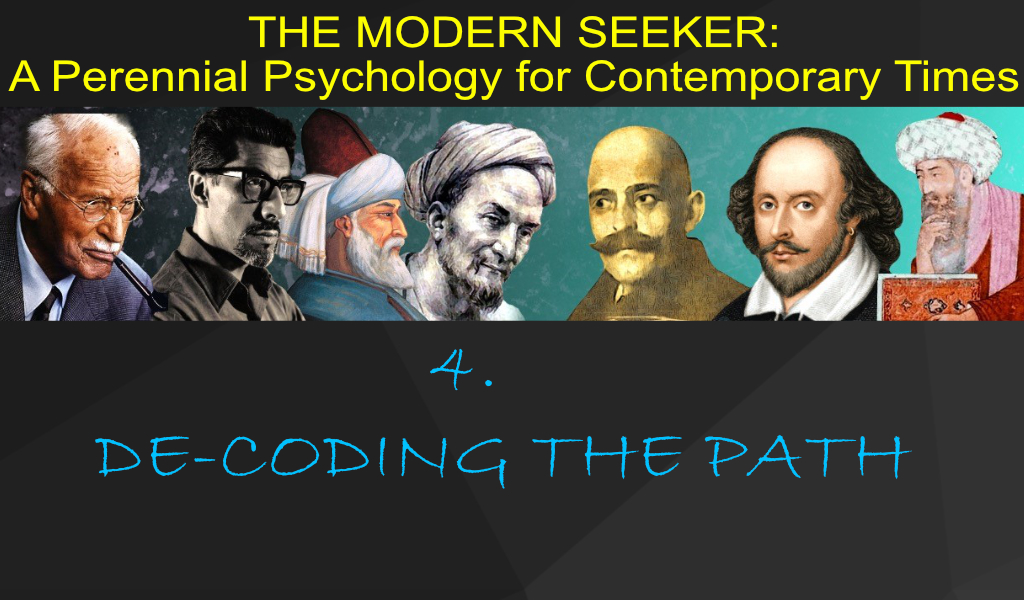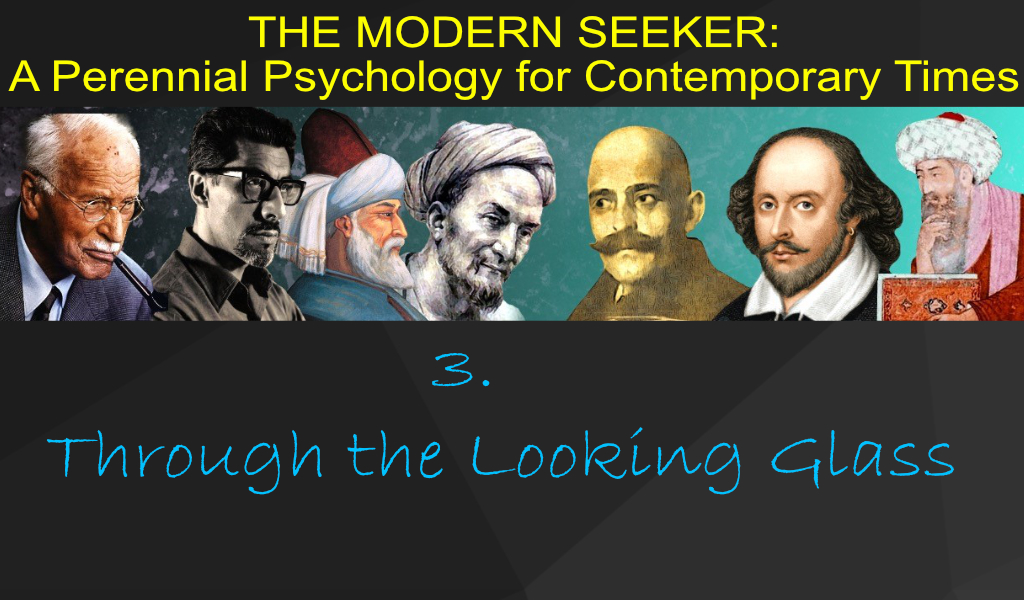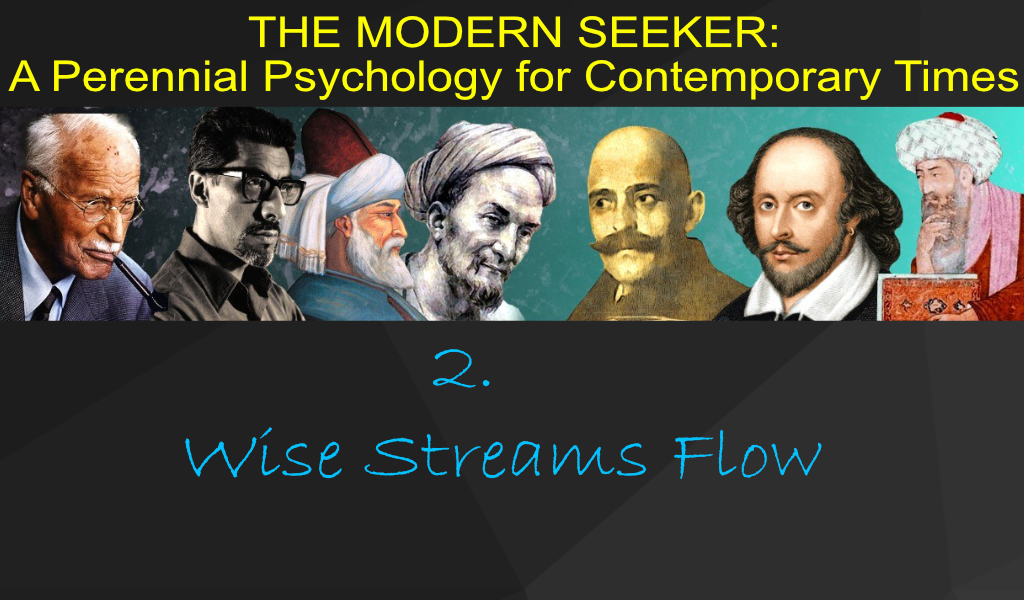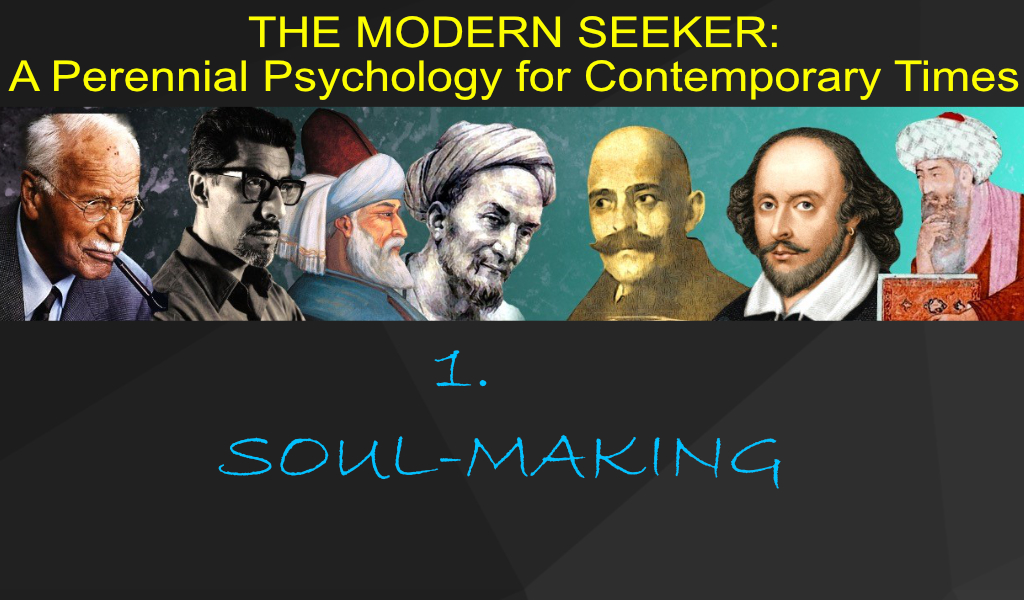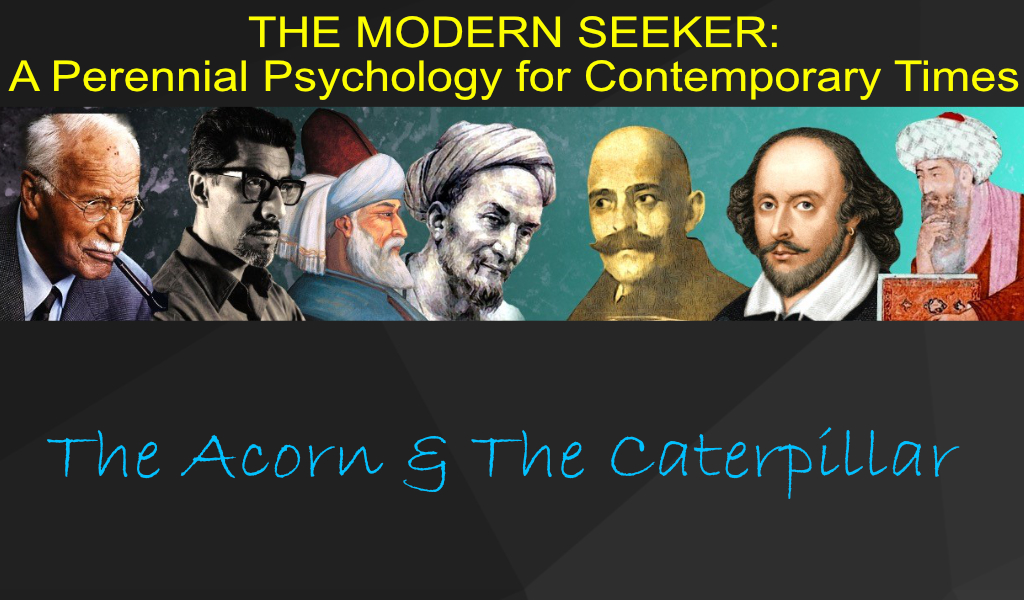As a civilization we are in the throes of living out an “endgame.” No, not the endgame of our species or any similar dire situation, but the endgame of an era. For many of us living in the developed nations, we are witnessing the endgame of the Second Industrial Revolution. Yet overall, this endgame concerns a way of living, a social-political model that has now come to the end of its life. Simply put, we cannot go on living as we have been for the past 150 years. Why 150 years? Well, this is roughly the time since oil was first discovered and utilized for fueling our rapid social expansion. All life is a living system; as such it requires the continual inflow of energy in order not to atrophy (the law of entropy). At regular stages of growth new energy sources are required in order to “boost” the growth and expansion of any system. And for millennia the human species has been evolving toward a planetary civilization. We are now on the cusp of this, and the reason we managed to arrive at this point so rapidly is due, as I have said, to the finding of oil as the most recent energy boost.
In just 150 years many societies have gone through the most incredible development, to the point where we have sophisticated technological infrastructures that enable us to circumnavigate the globe like Phileas Fogg, both physically and virtually. On top of this we have oil-fertilized our agriculture into mass food production to sustain the vastly expanding human population. Our light switches illuminate our rooms instantly; we fly to other countries as if taking a taxi; and we have access to a kaleidoscope of goods and services one could only have dreamed of previously. All this because we have had a tap into the most precious energy source so far discovered on our planet. This has been our rocket fuel. Our current 150 years of rapid industrial acceleration has been built upon the notion of a perpetual-growth machine. This extraordinary period in our cultural evolution has now been accepted, and taught, as the norm. Yet back in the early 1970s the now infamous “Limits to Growth” report concluded that the end of growth would probably arrive between 2010 and 2050.
Let’s be realistic — from now on only relative growth is possible. Some aspects of the global economy may continue to grow relative to others, yet the overall trend is one of contraction. Those who support continued growth often forget that there are factors external to the economic system that make ‘business as usual’ near impossible — and that this situation is not temporary, but permanent. These factors include the depletion of important resources, the proliferation of disruptive environmental impacts and a financial system that is no longer suited to the current crisis. However, there is another significant factor which most commentators leave out completely, perhaps because it cannot be ‘physically verified’ — this is the presence of human consciousness.
The modern world has witnessed a different type of consciousness emerging over the past 150 years, a post-Industrial Revolution cognitive mind. New technological innovations that helped to alter our perceptions of the dimensions of space and time in the world began to birth a psychological consciousness; a consciousness that wanted to look beyond the borders and horizons of the physical frontier. For any great epochal shift to be successful it requires a change in the parameters of human consciousness; this has always been the case. We are slowly beginning to recognize this fact and to notice a change in our psychology and consciousness. Life on planet Earth is undergoing three types of revolutions: physical, psychic and cosmological.
Our human socio-cultural cycles are very much a part of our evolutionary history, with marked eras between hunter-gatherer, agrarian, city-state, industrial and planetary. Cultural historian William Irwin Thompson has marked these cultural ecologies or cycles as:
1. Hominization: 4000000-200000 B.C.
2. Symbolization: 200000-10000 B.C.
3. Agriculturalization: 10000-3500 B.C.
4. Civilization: 3500 B.C.-A.D. 1500
5. Industrialization: A.D. 1500-1945
6. Planetization: 1945-present
Currently, our struggles are between a system marked by the inequalities of a dysfunctional global system (marked by the ‘old consciousness’) and that of an integral-ecology era (represented by the ‘new consciousness’). This is a transition period which is manifesting through resource wars and the ongoing struggle for control and management. At the same time there are many forecasts trying to predict the future of life on planet Earth without a comprehension of the ‘bigger picture.’ We are often unable to discern the uncertain, the unpredictable and the unexpected. The Western mindset has a preoccupation, or even obsession, with a linear view of history and progress. Yet the concept of a linear development of human civilizations is erroneous and misleading. Linear development does not take into account living in ways that enable all other people to live as well; living in ways that respect the lives of others and that respect the right to the economic and cultural development of all people; to pursue personal fulfillment in harmony with the integrity of nature; and working with like-minded people to preserve or restore the essential balances of the environment.
Yet in the months and years ahead we are going to witness some sharp degrees of change as we realize that our ‘accepted norms’ of linearity are breaking down. This year especially will see much change occurring in our lives as we see dysfunctional systems falling apart. Yet it is not a time to be worried, negative, or stressed; rather, it is an opportunity to realign ourselves with the way forward. We now need to make decisions over our life priorities. We need to educate ourselves, and to gain balanced and helpful information. It is time to make these steps as our old world transforms herself…



